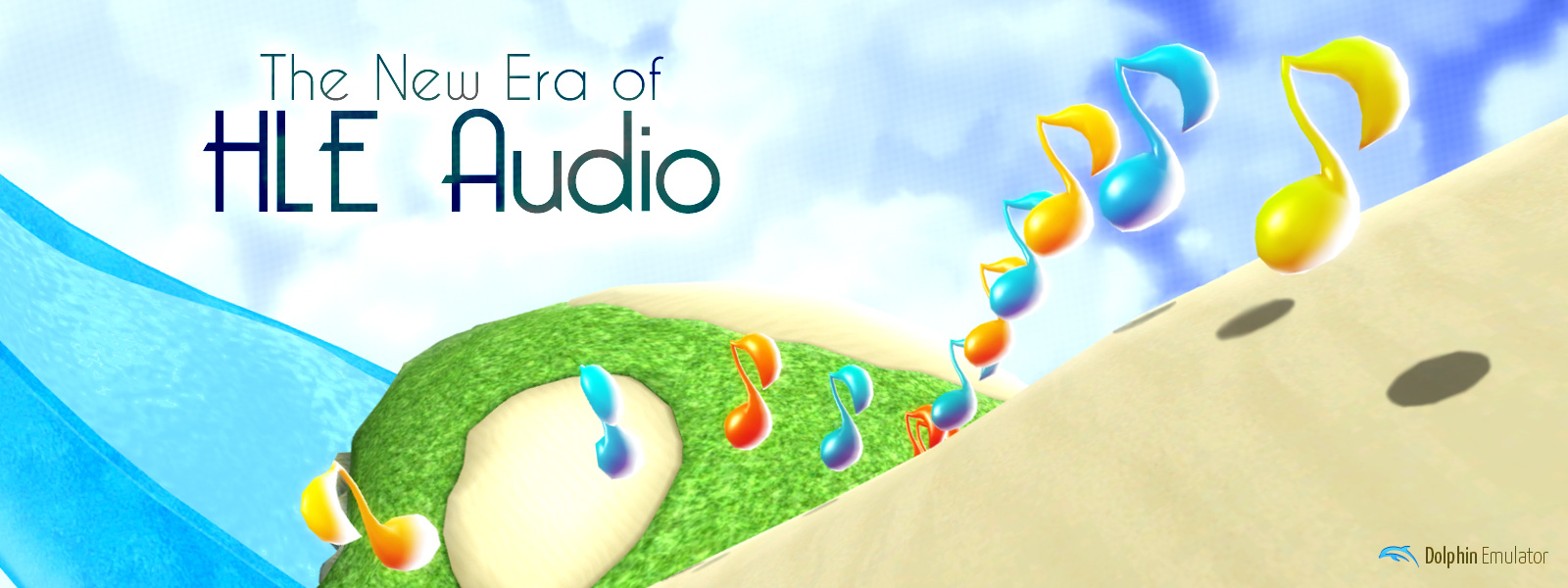
After some minor delays, Dolphin's new issue tracker is up and running, with all of the old issues preserved and imported. It hasn't taken long for things to heat up on our new tracker despite trying to keep it on the down low while it was being tweaked. A mixture of delays with the issue tracker and new bugs in our stable branch cropping up has pushed back …









